Welcome to the March 4th, 2022, edition of the Decentral Weekly Crypto News Wrap-Up, where Neil and Em tackle the always-relevant question: “Is this a thing?”
This week’s crypto news wrap-up includes Ukraine raising millions of dollars in cryptocurrency, NYC’s NFT vending machine, some closure to the infamous Bitconnect scandal, and more.
Ukraine raises over $50 million in cryptocurrency

The world’s news headlines are dominated by Russia’s invasion of Ukraine, but cryptocurrency has emerged as a relevant talking point. The country has managed to raise over $50 million in cryptocurrency and has even kept wallet addresses in a pinned tweet on their official Twitter account. There’s more: UkraineDAO has also raised millions of dollars in support of the Ukrainian army.
The situation is also a bit interesting given the fact that Ukraine now wants to weaponize cryptocurrency by also asking crypto exchanges to block Russian users. Several exchanges have chosen to refuse.
What are your thoughts on how crypto is playing a role in the Russia-Ukraine conflict?
Neil says:
I think crypto is really proving its power when it comes to raising money for Ukraine, and I also think it was smart for crypto exchanges to refuse to block Russian users. Times like now prove that cryptocurrency is useful. Overall, I think a lot of cryptocurrency critics should recognize how it’s helping Ukraine here.
Em says:
In a war, everyone will use every tool they have. At the end of the day, crypto is just a tool. Whoever uses it best will win. It’s also true that this economic, social, technological, and international upheaval we’re experiencing is what crypto was created for. Hold on, everyone.
Bottom line:
Neil thinks it’s a “crypto proving its power” thing, Em thinks it’s a “crypto is a tool” thing.
Who do you agree with?
The world’s first NFT vending machine is here
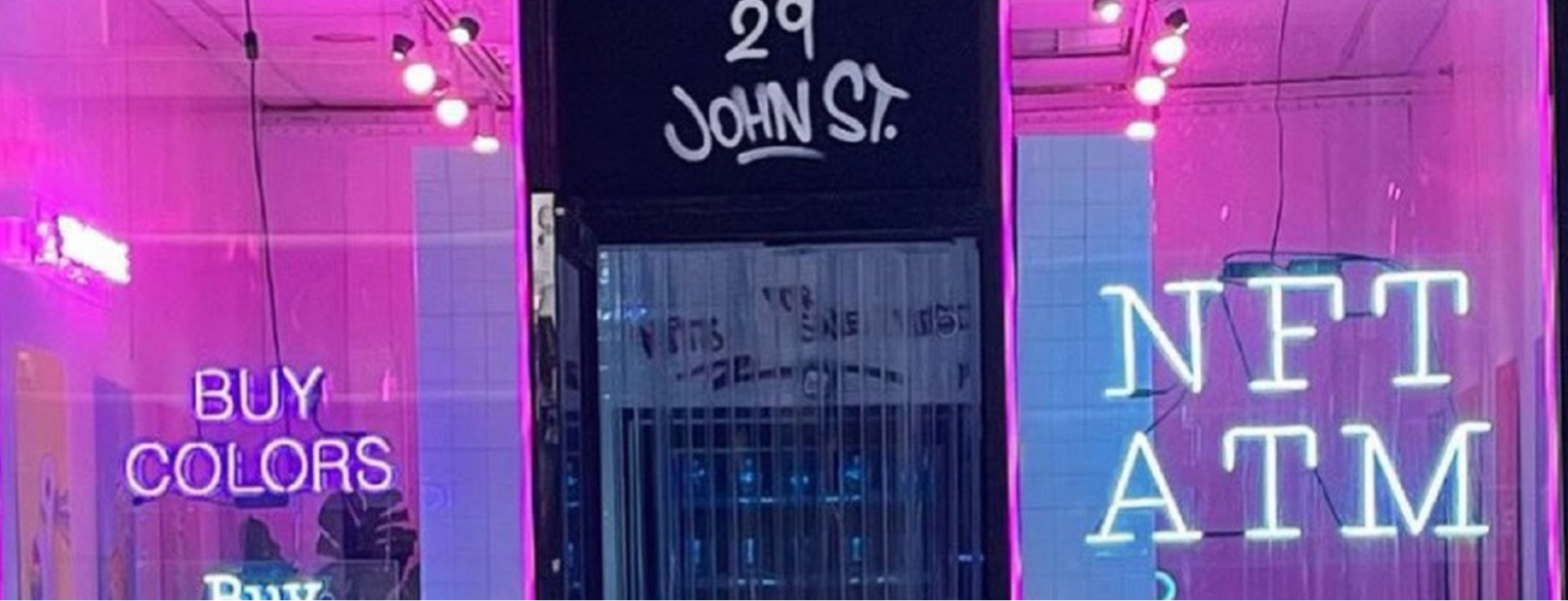
The world is still crazy about NFTs, but it looks like it might get a bit easier to buy them if you live in the Big Apple. The world’s first NFT vending machine has arrived in Manhattan’s Financial District. The machine is open for 24 hours a day and allows customers to purchase Solana-based NFTs.
Neon, a Solana-based NFT marketplace, is behind the machine, and the CEO claims he’s trying to help people understand they don’t need cryptocurrency to buy NFTs. The machine accepts both debit cards and credit cards.
NFT vending machines: Is this something that will catch on, or is this really just about novelty?
Neil says:
I’m not really a fan of this one. I don’t think it’ll catch on, and I think the entire concept is a bit ridiculous. In the Guardian story where a reporter actually visits the machine, multiple things go wrong. This is just one of those ideas that isn’t really going to pan out right now.
Em says:
Maybe this idea is kind of silly and counter to the most philosophical and “pure” uses of crypto — according to the enthusiasts. But also… we know giant-claw-plushie-toy vending machines are also a complete scam, but we like them anyway. Maybe there’s a place for NFT vending machines at Dave & Buster’s! 😛
Bottom line:
Neil thinks this isn’t a thing, Em thinks it could be a thing.
Who do you agree with?
Bitconnect founder finally charged

If you’ve followed cryptocurrency for several years, you probably know Bitconnect was one of the biggest crypto scandals in recent history. The saga is finally coming to a close, with Bitconnect’s founder, Satish Khumbani, indicted by a federal grand jury for the $2.6 billion crypto scheme. He was charged in San Diego, but reportedly still remains at large.
Bitconnect operated as a Ponzi scheme, where money from newer investors was used to pay back earlier investors. This was marketed through a “lending program” that didn’t exist. Bitconnect went defunct in 2018.
Any thoughts on the Bitconnect scandal finally coming to a final conclusion? Do you think they will find Kumbhani soon, or not?
Neil says:
This whole fiasco was a huge deal in 2017 and 2018, and it’s a bit insane it took this long for Kumbhani to be charged. It’s even crazier that he has now apparently disappeared. Something tells me they might find him eventually, but it’s all a bit embarrassing.
Em says:
This dude kinda had is coming, and if he gets nailed, he gets nailed. Maybe it’s bad publicity for crypto, but at the same time, this kind of stuff happens in every new market. It happens in every old and established market too, tbh; it’s just hidden better by the big, influential players. *cough* the fed *cough*
Bottom line:
Neil thinks this is a bad thing, Em thinks it’s a “scammers are in every market” thing.
What do you think?
Bank of America denies “crypto winter”

Many people suggested that the cryptocurrency sector has fallen victim to a “crypto winter,” likely referring to the fact that both Bitcoin and Ethereum have fallen significantly from their all-time highs. Bank of America recently released a note suggesting that the idea of a “crypto winter” is exaggerated.
The note stated that user adoption and developmental growth means that “crypto winter” isn’t likely. The note was titled “”Digital Assets: In The Flow.” However, it also acknowledged that crypto upside would likely be limited thanks to “Federal Reserve and macroeconomic headwinds.”
What do you think of Bank of America’s note and/or their agenda behind the note?
Neil says:
Bank of America has been releasing some pro-crypto reports, but it is still a bit strange to see one of America’s biggest banks declaring that a “crypto winter” might not exist. Is Bank of America trying to embrace crypto more than the competition strategically, or is this just one random note? I’m not sure, but I wouldn’t take this too seriously.
Em says:
This does seem, on the surface, like it’s counter to BofA’s interests as a legacy finance institution. I can only conclude that it’s a PR play of some kind, or they’re actually resigned to the idea that crypto isn’t going away. Either way, I think it’s positive narrative hype for the crypto market in the short term, and I can’t complain about that.
Bottom line:
Neil doesn’t think this is a thing, Em thinks it’s a narrative thing regardless.
Who’s side are you on?
EU postpones crypto regulations vote
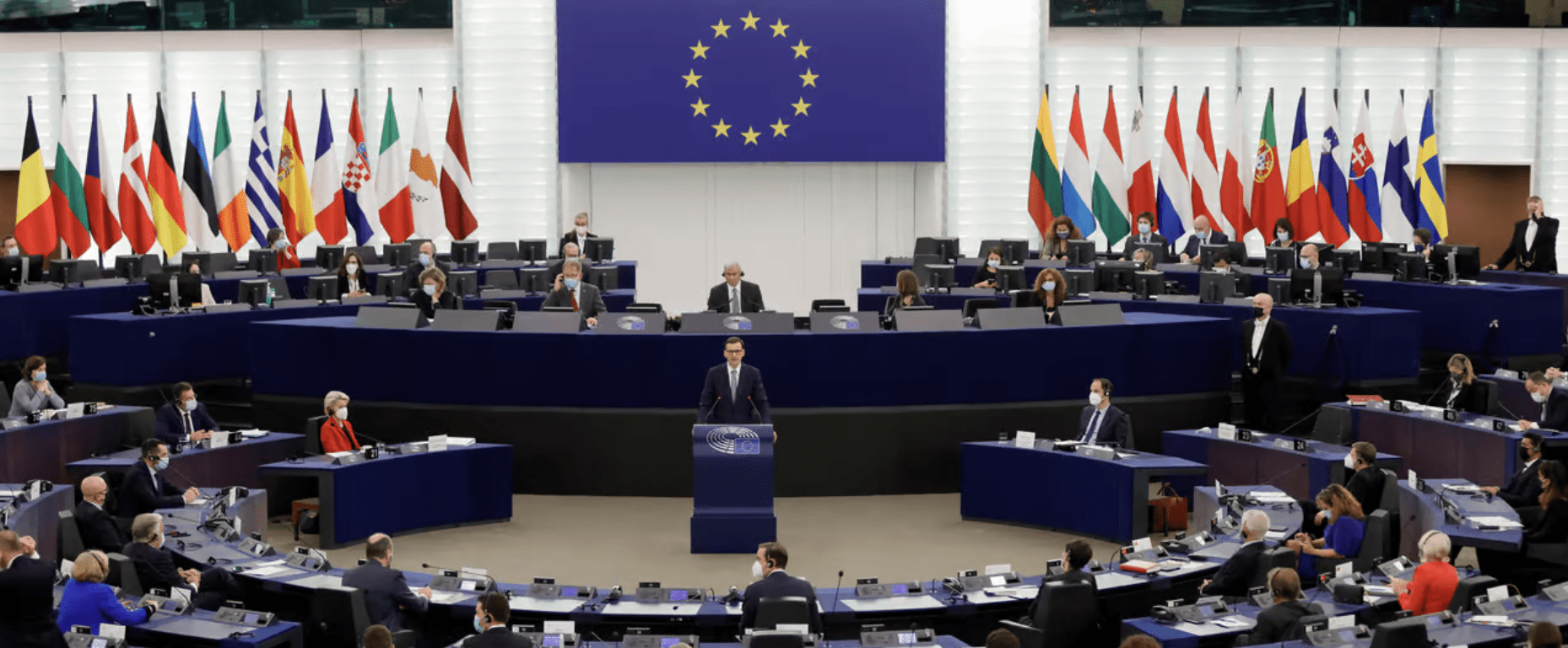
The European Parliament was expected to vote on crypto regulations on February 28, but that didn’t happen. Instead, the vote was canceled. Stefan Berger, the “rapporteur” (parliament member in charge), clarified that he didn’t want the framework to be misinterpreted. The vote has been postponed indefinitely.
What’s the reason for the sudden change? It might be that the draft included a provision hinting that lawmakers were hoping to ban proof-of-work cryptocurrencies starting January 2025. Both Bitcoin and Ethereum, the two largest cryptocurrencies in the world, rely on proof-of-work.
Is this postponement a good thing, or a bad thing? Any additional thoughts on cryptocurrency regulation in general?
Neil says:
Yeah, I have no idea why they even thought this would be feasible. I do think that there should be more concrete steps towards regulation, and it’s a bit surreal to see delay after delay. In this case, however, a postponement was a good thing.
Em says:
Listen. Regulators still don’t understand crypto. They have a long way to go before they do, so I’m glad this got the brakes before it was voted on. Governments are still trying to figure out what to do with crypto and how it can be regulated, but my view is that the longer they’re on the fence, the better for crypto.
Bottom line:
Both Neil and Em agree that the postponement was a good thing.
We have a consensus! Do you agree?
Bad idea of the week: BuyTheBroncos, hold your horses
Our crypto news wrap-up always ends with a bad idea, but this particular idea is more unrealistic than “bad.” I’m referring to the fact that there is now a DAO – the BuyTheBroncos DAO – that wants to buy the Denver Broncos.
Many have pointed out that DAOs can revolutionize crowdfunding. There’s a lot of potential here, but it’s not the time to try to raise billions of dollars to buy a sports team. There’s also no way the Denver Broncos would even allow themselves to be “governed” by a DAO.
Look – DAOs can raise millions of dollars. Just last week, we discussed Julian Assange raising millions of dollars thanks to his DAO. There’s also a massive difference between raising millions of dollars and raising BILLIONS of dollars.
What are your thoughts on BuyTheBroncos?
Neil says:
BuyTheBroncos wants to raise $4 billion, and there’s just no way I see this happening. At this point, there’s no real reason for this to happen. There’s a lot of well-deserved interest in DAOs, but this particular goal is not the move. How would a DAO govern a sports team? What about NFL ownership laws? It’s not realistic.
Em says:
It’s definitely ambitious, I’ll give them that. Buying the Broncos is a moonshot if I ever saw one. But at the same time, I’ve also written about how buying a sports team could play out in concept for DAOs. Even if they’re a bit premature to the game, it may be possible in the future. If it ever does happen, just know I told you so. 😀
Bottom line:
Neil thinks it’s an impossible thing, Em thinks it’s a possible thing.
What do you think?
Meme of the week
As always, Em brings you the meme of the week:
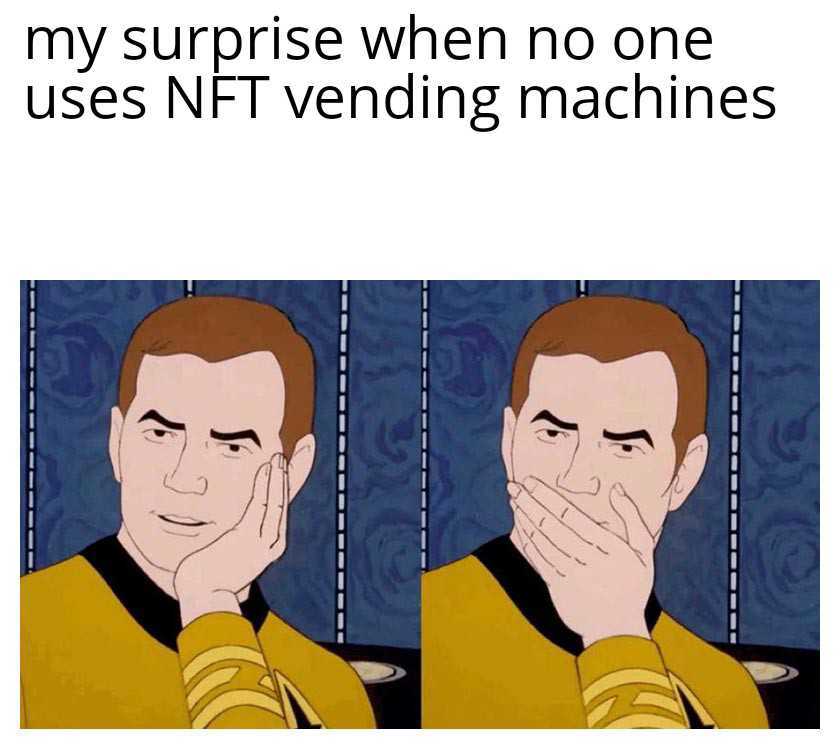
And that’s our crypto news wrap-up!
Would you ever buy an NFT from a vending machine? The Bitconnect founder might be charged, but when will he be found? How much will crypto play a role in the Russia/Ukraine conflict?
Make sure to tweet us your thoughts/opinions/perspectives at @decentralpub with the hashtag #weeklycryptonews on Twitter.





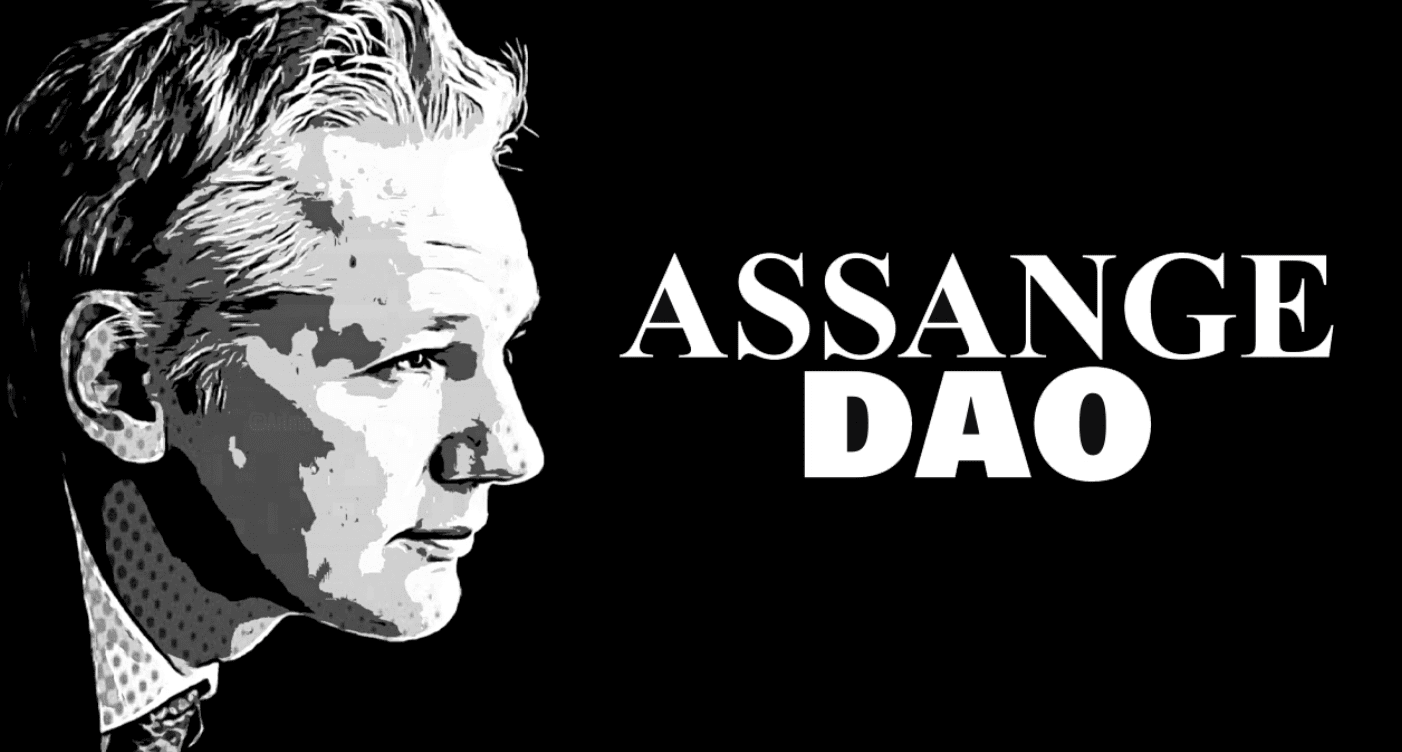


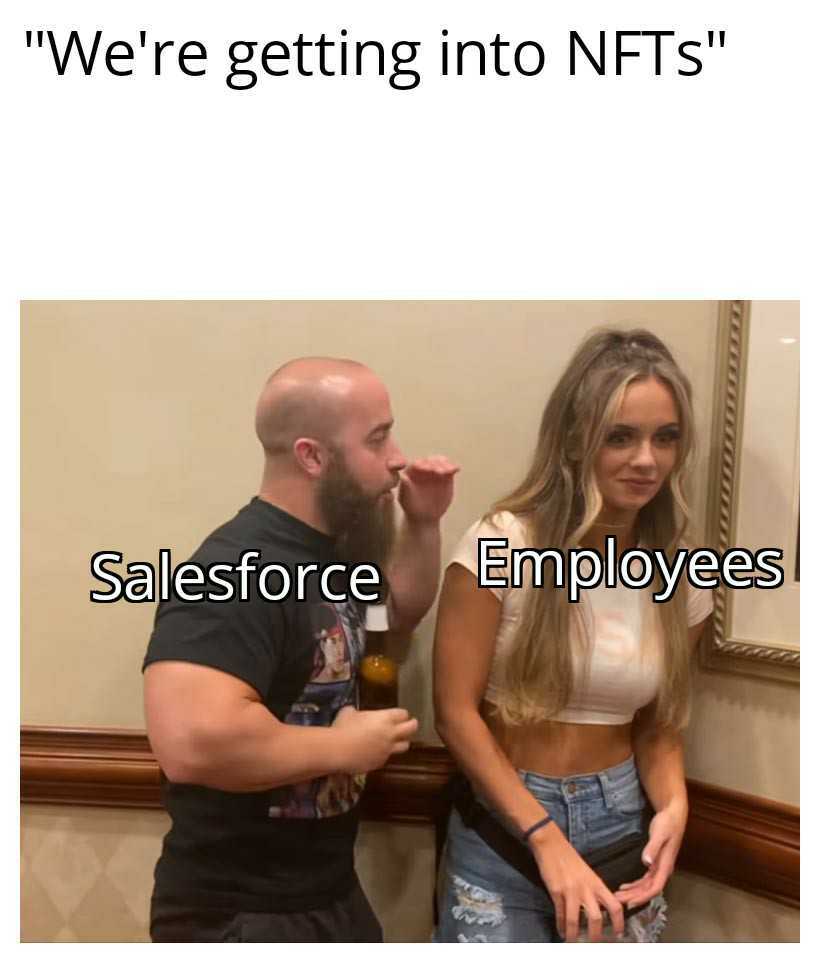



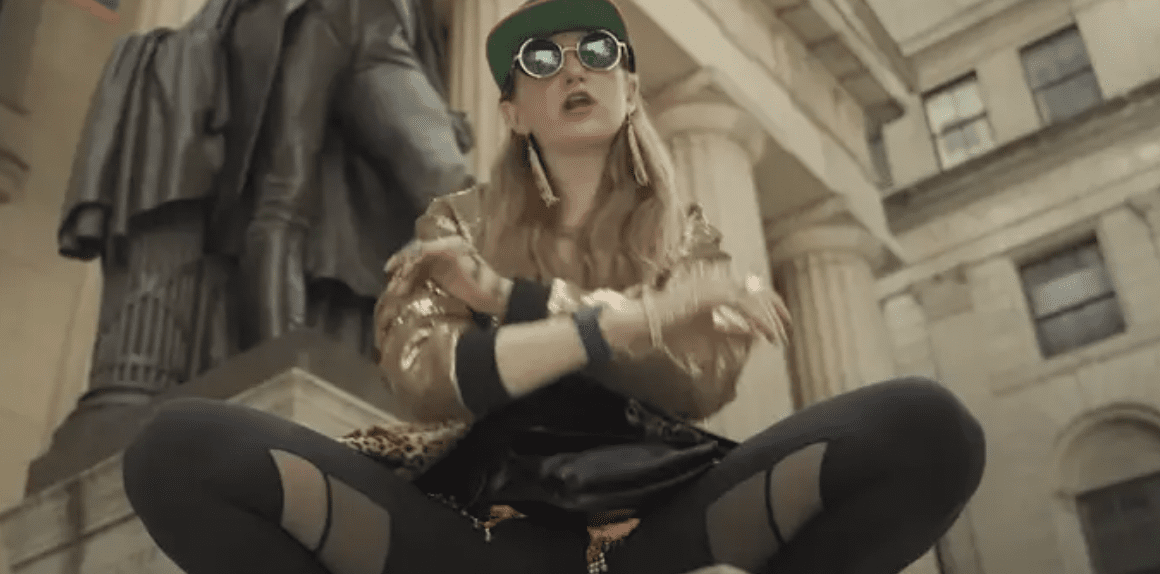


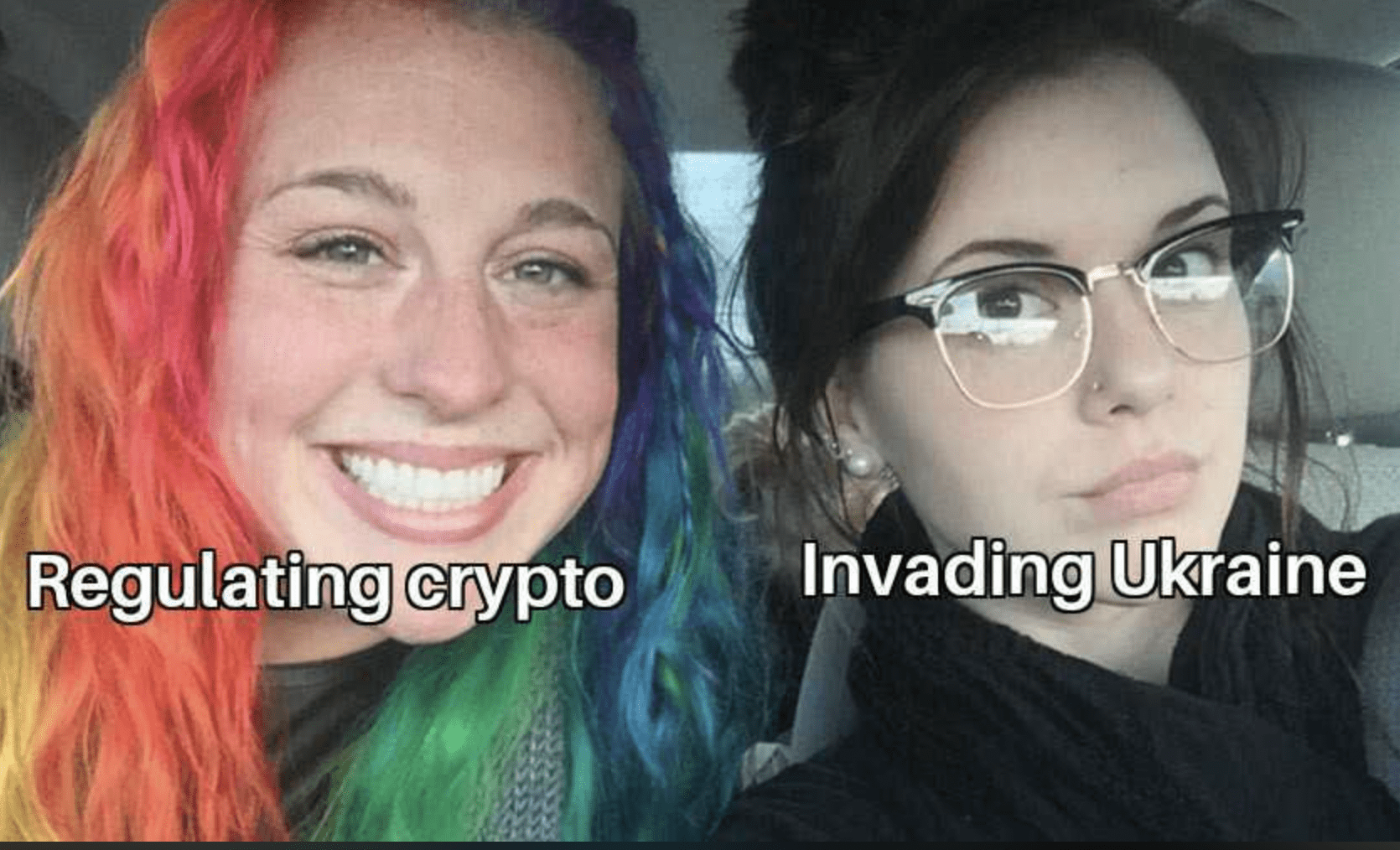



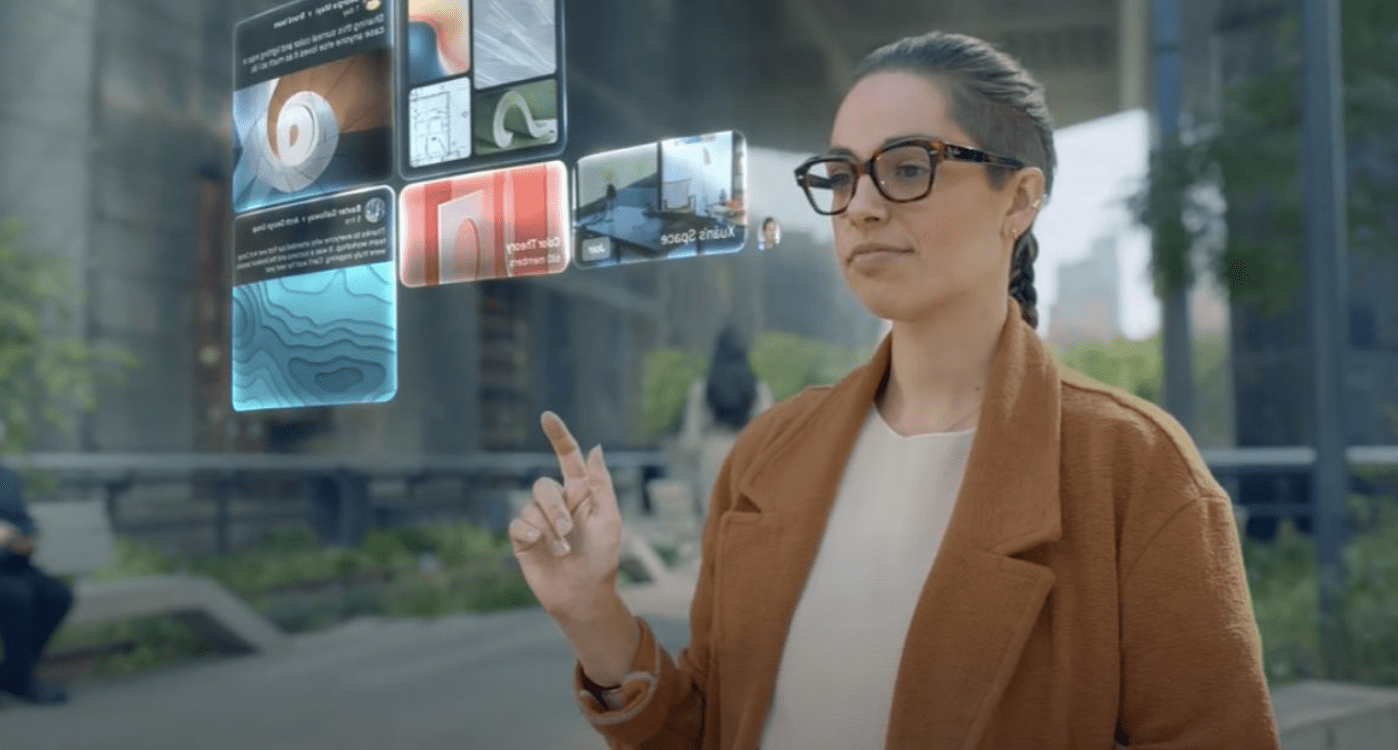



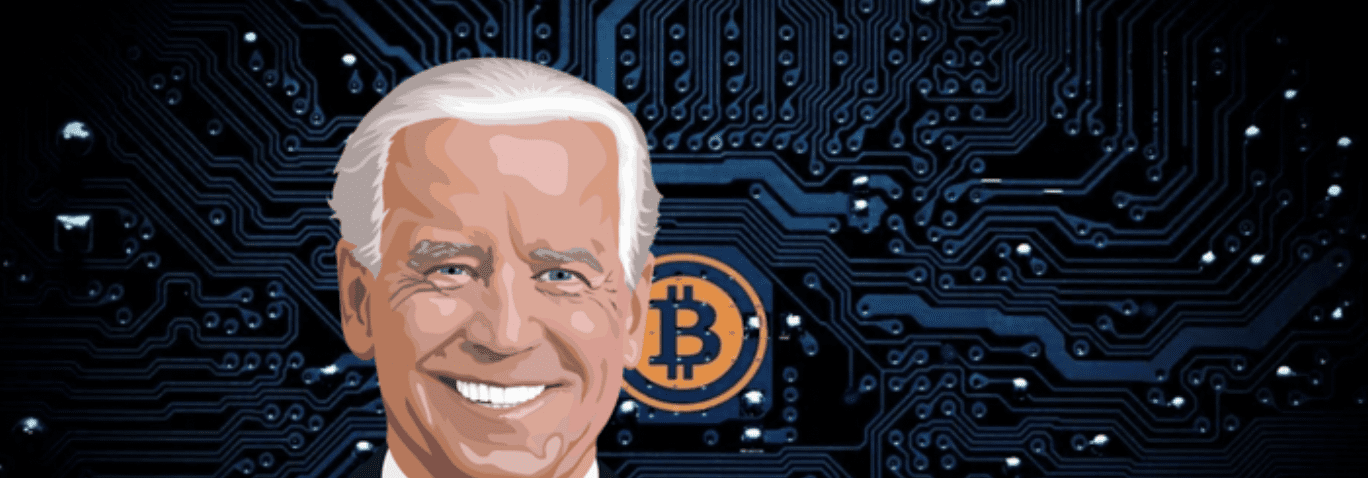
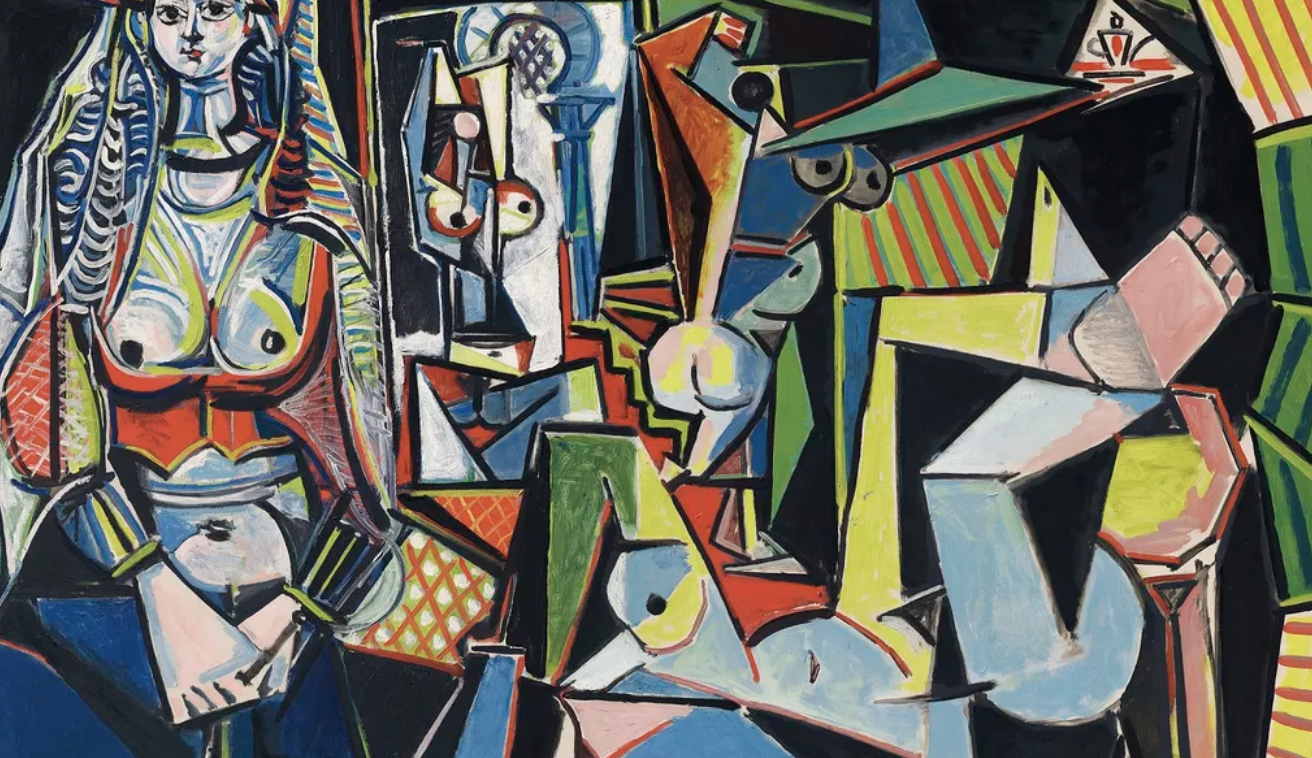
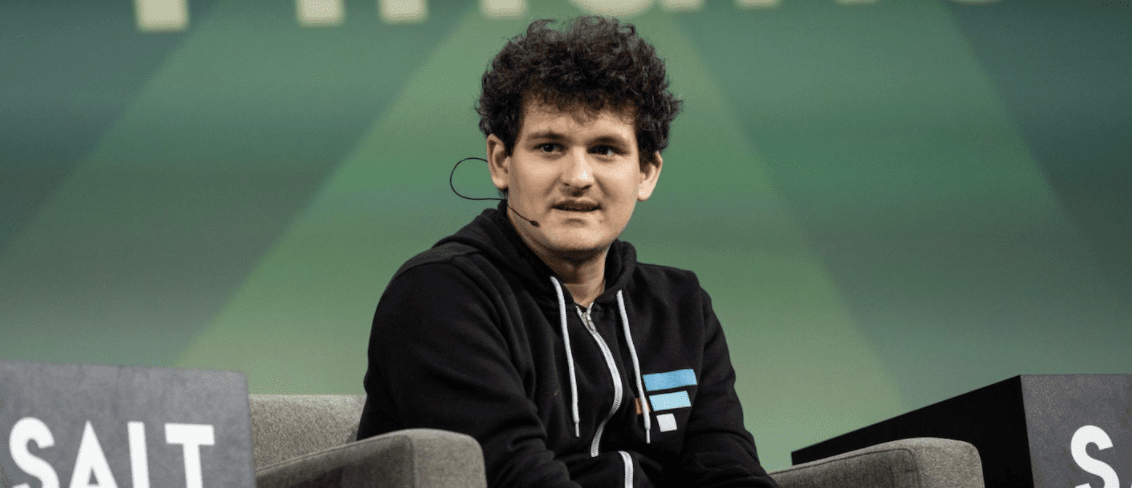

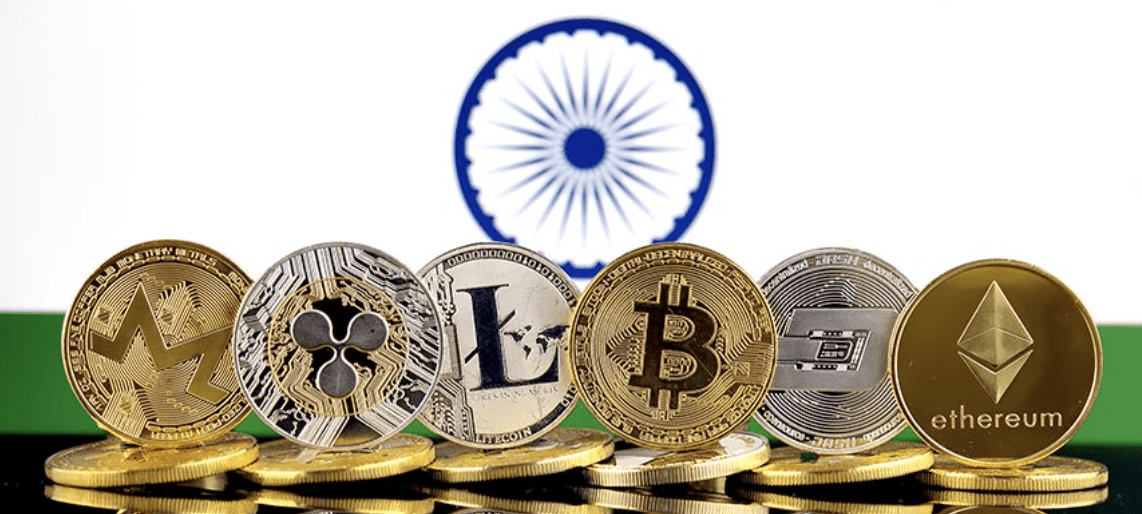

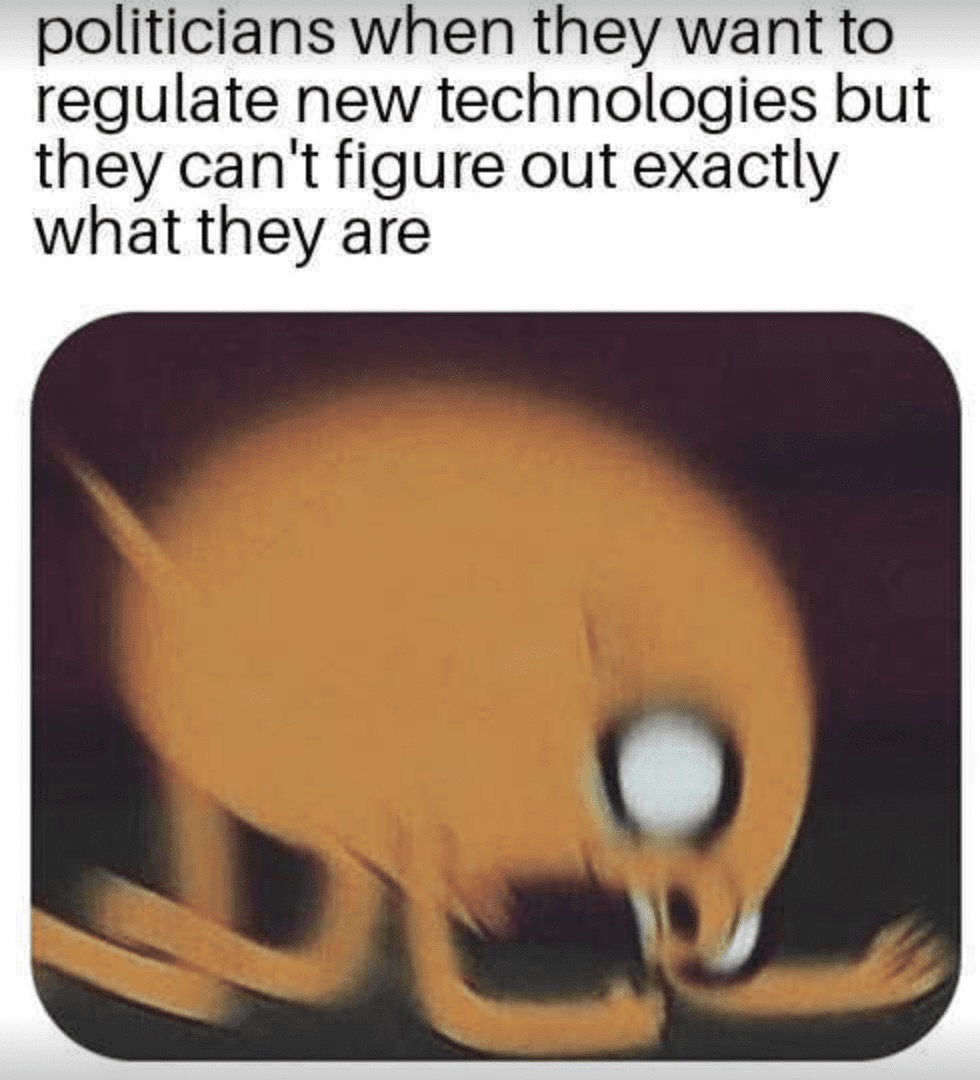
 In episode ten of the Uncensored Crypto docuseries, Michael Hearne sits down with crypto experts to discuss how beginners can get started in cryptocurrency and tell which projects are worth investing in.
In episode ten of the Uncensored Crypto docuseries, Michael Hearne sits down with crypto experts to discuss how beginners can get started in cryptocurrency and tell which projects are worth investing in. “So I think community is very important because no matter how great the project is, no matter what real world problem it solves, and I think that’s another thing you have to look at, what’s the real world problem that this solves? What’s the market for it? But no matter how big that is, if they don’t have interest in the actual token or the coin from people within the community that are going to be buying it, then it doesn’t matter. It’s going to go nowhere. It’s going to sit at a stalemate and not move. And if you’re doing it for investment purposes, then you really want, again, you want that particular coin to move.” – Cecil Robles
“So I think community is very important because no matter how great the project is, no matter what real world problem it solves, and I think that’s another thing you have to look at, what’s the real world problem that this solves? What’s the market for it? But no matter how big that is, if they don’t have interest in the actual token or the coin from people within the community that are going to be buying it, then it doesn’t matter. It’s going to go nowhere. It’s going to sit at a stalemate and not move. And if you’re doing it for investment purposes, then you really want, again, you want that particular coin to move.” – Cecil Robles It’s safe to say that 2021 was a big year for
It’s safe to say that 2021 was a big year for  In 2021, crypto investments
In 2021, crypto investments  When I started
When I started  2021 was an overall great year for crypto. But by the end of the year,
2021 was an overall great year for crypto. But by the end of the year,  As far as my
As far as my 
 “Anything that’s not Bitcoin, in my opinion, is pretty much a s*itcoin. Now, can you make money on that? Absolutely […] and I think they’ll be around forever, but they aren’t good stores of value.” – Josh Malinkovich, student and CTO of Bitcombine
“Anything that’s not Bitcoin, in my opinion, is pretty much a s*itcoin. Now, can you make money on that? Absolutely […] and I think they’ll be around forever, but they aren’t good stores of value.” – Josh Malinkovich, student and CTO of Bitcombine “I think if we want to take back our human sovereignty, we have to first take back our attention and we have to first take back our data and our usage on the internet. And I think the first way to do that is to really introduce the idea that Bitcoin allows for financial sovereignty, Lightning allows for database sovereignty within a social network.” – Justin Rezvani
“I think if we want to take back our human sovereignty, we have to first take back our attention and we have to first take back our data and our usage on the internet. And I think the first way to do that is to really introduce the idea that Bitcoin allows for financial sovereignty, Lightning allows for database sovereignty within a social network.” – Justin Rezvani  “In the US, we generate four terawatt-hours of electricity. We lose 200 to 300 gigawatts of electricity per hour just through friction in the transmission lines. All of the Bitcoin miners in the US use less than 200 gigawatts of electricity. So we’re just using energy that otherwise would be wasted. Over time, Bitcoin mining becomes more and more energy efficient.” – Fred Thiel
“In the US, we generate four terawatt-hours of electricity. We lose 200 to 300 gigawatts of electricity per hour just through friction in the transmission lines. All of the Bitcoin miners in the US use less than 200 gigawatts of electricity. So we’re just using energy that otherwise would be wasted. Over time, Bitcoin mining becomes more and more energy efficient.” – Fred Thiel One key takeaway from the docuseries is about Bitcoin’s future. Some in the cryptocurrency space view Bitcoin as outdated, especially considering that there are blockchain platforms out there that offer faster transaction times, better scalability, and lower fees.
One key takeaway from the docuseries is about Bitcoin’s future. Some in the cryptocurrency space view Bitcoin as outdated, especially considering that there are blockchain platforms out there that offer faster transaction times, better scalability, and lower fees. 
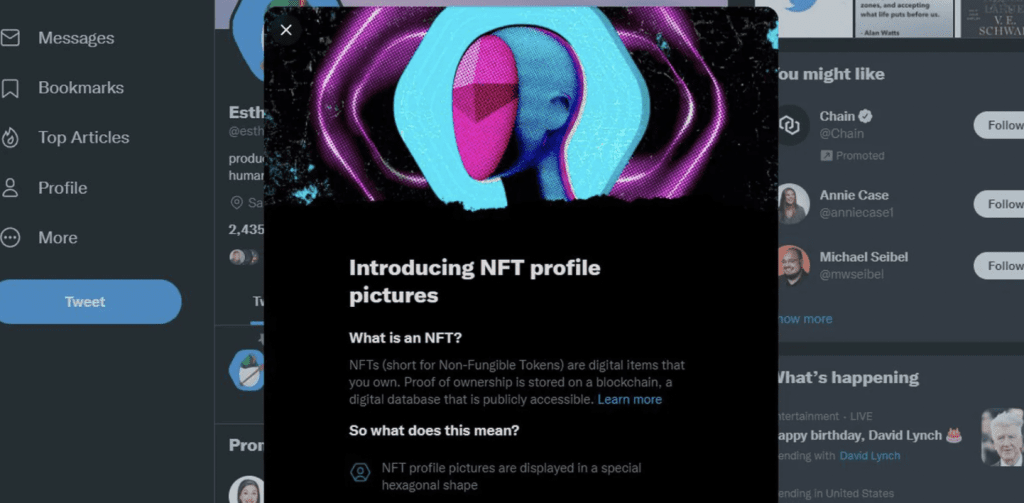
 Robinhood started rolling out crypto wallets, and there are reportedly over
Robinhood started rolling out crypto wallets, and there are reportedly over 


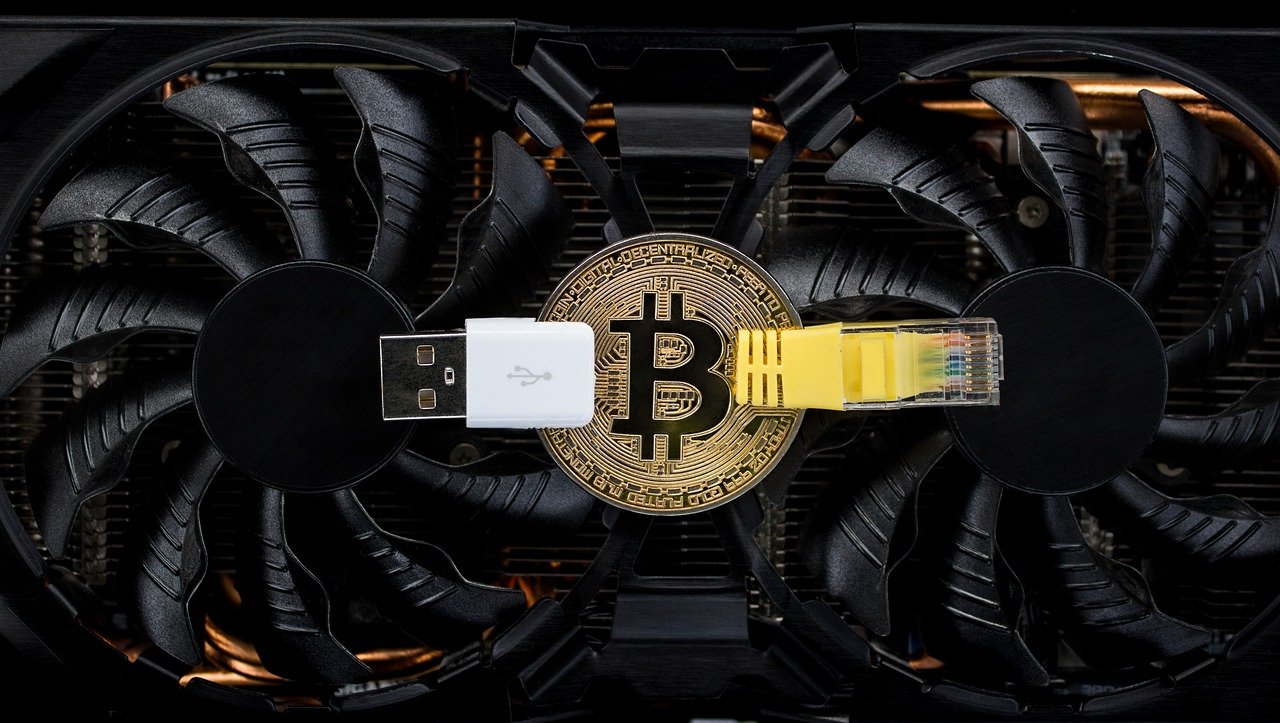
 “Crypto mining has a dirty reputation in terms of its utilization of energy, and one of the things that I really enjoy about what we do is we help people take that power that goes into these crypto mines and find alternative applications for the heat […] For me, those are the types of applications that are exciting. We have people heating their homes, heating their pools. We have customers up in Scandinavia that are heating the sidewalks of their towns in an effort to prevent the use of salt and carbon in order to clear that snow.” – Gary Testa
“Crypto mining has a dirty reputation in terms of its utilization of energy, and one of the things that I really enjoy about what we do is we help people take that power that goes into these crypto mines and find alternative applications for the heat […] For me, those are the types of applications that are exciting. We have people heating their homes, heating their pools. We have customers up in Scandinavia that are heating the sidewalks of their towns in an effort to prevent the use of salt and carbon in order to clear that snow.” – Gary Testa “If you think about Bitcoin as like an energy battery where you translate electrical energy into financial energy, and then you can transact that across time and space, that is going to lead to a whole bunch of innovations that are actually going to accelerate the transition to renewable energy-based infrastructure.” – Alex Brammar
“If you think about Bitcoin as like an energy battery where you translate electrical energy into financial energy, and then you can transact that across time and space, that is going to lead to a whole bunch of innovations that are actually going to accelerate the transition to renewable energy-based infrastructure.” – Alex Brammar 